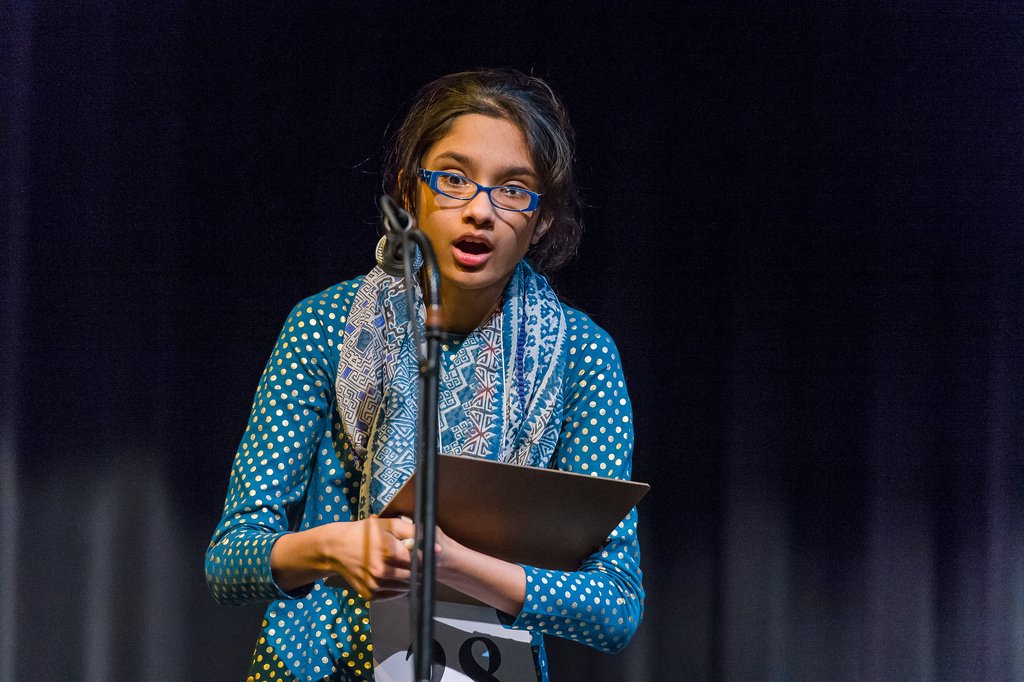One hundred years ago, a handful of hopeful students stepped onto a stage, clutching their dreams and dictionaries. Today, the National Spelling Bee is a global phenomenon, watched by millions, and its centennial is more than a celebration of words—it’s a testament to the astonishing power of language on the human brain. Imagine a bustling auditorium, the suspense thick in the air, as a child grapples with a word like “eleemosynary.” The drama isn’t just in the letters—it’s in the neurons firing, the memory turning, the sheer magic of the mind at work. But what really happens inside our brains when we learn language, and why do spelling bees matter so much, not just for a trophy, but for our cognitive evolution? Let’s dive into the spellbinding world where words and brains intertwine.
The Origins of the Spelling Bee: More Than a Competition
The first National Spelling Bee, held in 1925, was much more than a contest—it was a cultural statement. Rooted in the belief that language mastery opens doors, the Bee quickly became a symbol of opportunity and intellect across America. Over the decades, it has grown, not just in size but in scope, weaving together children from every walk of life, united by their love for words. Families, teachers, and entire communities have rallied behind young spellers, turning this academic event into a nationwide celebration. The Bee’s anniversary reminds us how deeply language connects us—across generations, backgrounds, and even continents. The pressure and excitement of the Bee mirror the complex, thrilling process of language learning itself. And beyond the stage, the ripple effect of the Bee changes perceptions about education, effort, and the brain’s remarkable adaptability.
Language Learning: A Workout for the Brain
When you learn a new word, your brain doesn’t just file it away like a piece of paper—it physically changes. Gray matter in areas linked to memory and reasoning thickens, and new connections spark between neurons. Language learning acts like a mental gym, strengthening attention, boosting working memory, and improving overall cognitive flexibility. Kids who prepare for spelling bees often report sharper focus, quick thinking, and better problem-solving skills, even outside of language tasks. This neurological workout extends into adulthood, helping stave off cognitive decline and even dementia. The act of spelling, memorizing, and understanding meanings keeps our mental muscles toned, much like running keeps your legs strong. So, every time a child spells “syzygy,” their brain is lifting metaphorical weights—growing stronger with every letter.
The Science of Memory: How the Brain Stores Words
Memory is at the heart of every spelling bee champion’s journey. But how do spellers remember such complex words? The brain uses a network of regions, from the hippocampus (which encodes new memories) to the prefrontal cortex (which retrieves them during high-stress moments). Spellers rely on techniques like visualization—picturing the way a word looks or sounds—and chunking, breaking tricky words into smaller parts. There’s a beautiful dance happening in the brain, as it juggles spelling rules, etymology, and letter patterns. This intricate process isn’t just for the Bee; it’s the same system adults use to recall names, facts, or even where they parked their car. The more you practice, the stronger these networks get, proving that memory is less about innate talent and more about exercise.
Multilingual Minds: The Brain’s Hidden Superpower
Children who speak more than one language have a secret advantage when it comes to spelling and brain development. Studies show that bilingual or multilingual brains are more flexible, switching between languages with ease and showing stronger executive function. This means they’re better at focusing, ignoring distractions, and juggling multiple tasks. The process of learning and using different sound systems, grammar rules, and vocabularies forces the brain to develop more robust pathways. It’s like navigating two or three cities instead of one—you become a master of maps and shortcuts. In spelling bees, these kids often shine, not just because they know more words, but because their brains are primed for agility.
Stress and the Speller’s Brain: Turning Pressure Into Power
The lights, the cameras, the hush of an expectant crowd—it’s enough to make any child’s heart race. But that stress isn’t always a bad thing. When managed well, pressure triggers the release of adrenaline, sharpening focus and memory. Neuroscientists have found that moderate stress can actually enhance cognitive performance, helping spellers recall words they might otherwise forget. The trick lies in preparation and mindset: kids who view stress as a challenge, not a threat, are more likely to succeed. This lesson applies far beyond spelling bees, teaching resilience, emotional regulation, and the power of turning anxiety into fuel—a skill for life, not just for one moment on stage.
Phonetics and the Art of Sounding Out
Phonetics is the science of how we produce and hear sounds, and it’s a secret weapon for spellers. By breaking words into sounds (phonemes), kids can decode even the trickiest vocabulary. Picture a child slowly pronouncing “otorhinolaryngologist”—each syllable a stepping stone across a river of uncertainty. This skill is rooted in the brain’s auditory and speech centers, which light up as we listen, repeat, and internalize patterns. Over time, strong phonetic skills make reading, writing, and even learning new languages easier. For anyone who’s ever stumbled over a new word, remember: you’re not just learning letters; you’re training your brain to hear the world differently.
The Emotional Rollercoaster of Competition

Every spelling bee is a whirlwind of emotions: pride, fear, hope, and sometimes heartbreak. These feelings are not just passing moments—they shape brain chemistry. Positive emotions enhance learning and memory, while disappointment can teach resilience and grit. Neuroscientists have discovered that emotional experiences release neurotransmitters like dopamine, which help anchor memories more deeply. That means the joy of finally spelling “antidisestablishmentarianism” correctly is more than a fleeting victory—it’s a chemical boost to confidence and learning. Even setbacks become powerful lessons, sculpting the emotional landscape of the growing mind.
Visualizing Words: The Brain’s Inner Canvas
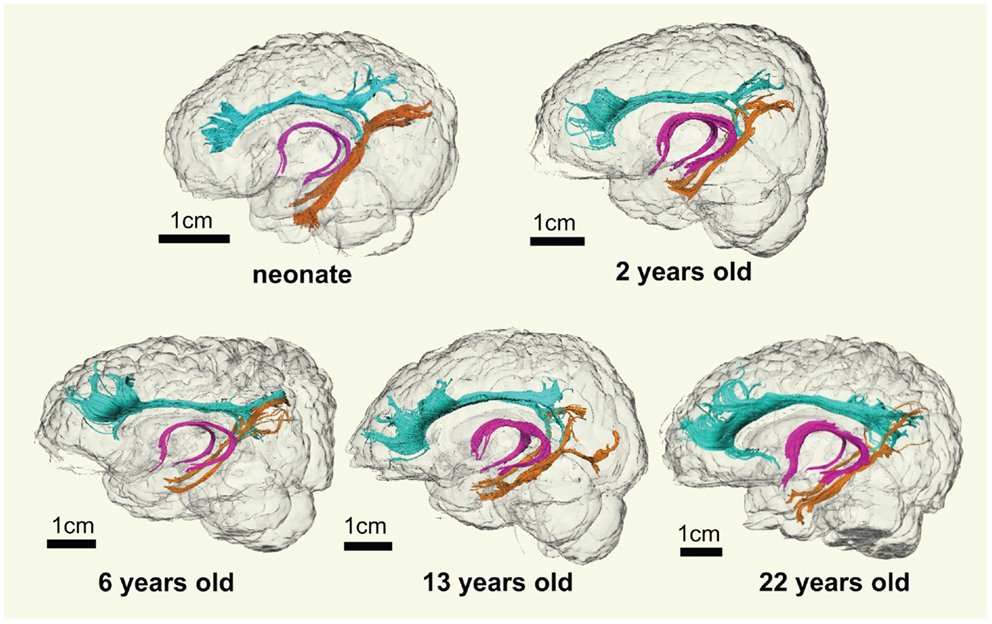
Some of the best spellers describe “seeing” words in their minds, as if the letters glow against an imaginary blackboard. This skill relies on the brain’s visual cortex, which works with language centers to create mental images of words. Visualization helps with tricky spellings and homophones—think “accept” versus “except.” By mentally rehearsing letter patterns, spellers create a kind of internal slideshow. This technique isn’t just for competitions; it’s a valuable tool for anyone trying to remember names, faces, or even shopping lists. The brain’s ability to turn sound into sight is one of its most magical tricks.
From Alphabet Soup to Advanced Vocabulary
Language learning starts with the basics: the ABCs. But as children grow, their vocabularies explode, powered by reading, conversation, and curiosity. For spelling bee participants, this journey accelerates, pushing them into the world of Latin roots, Greek prefixes, and rare English words. The process is like climbing a mountain—each new word is a foothold, each rule a step higher. Along the way, the brain develops not just linguistic skills, but also analytical thinking and pattern recognition. By the time a speller faces words like “appoggiatura” or “xanthosis,” their brain has built a castle of knowledge, brick by brick.
Neuroplasticity: How Language Reshapes the Brain
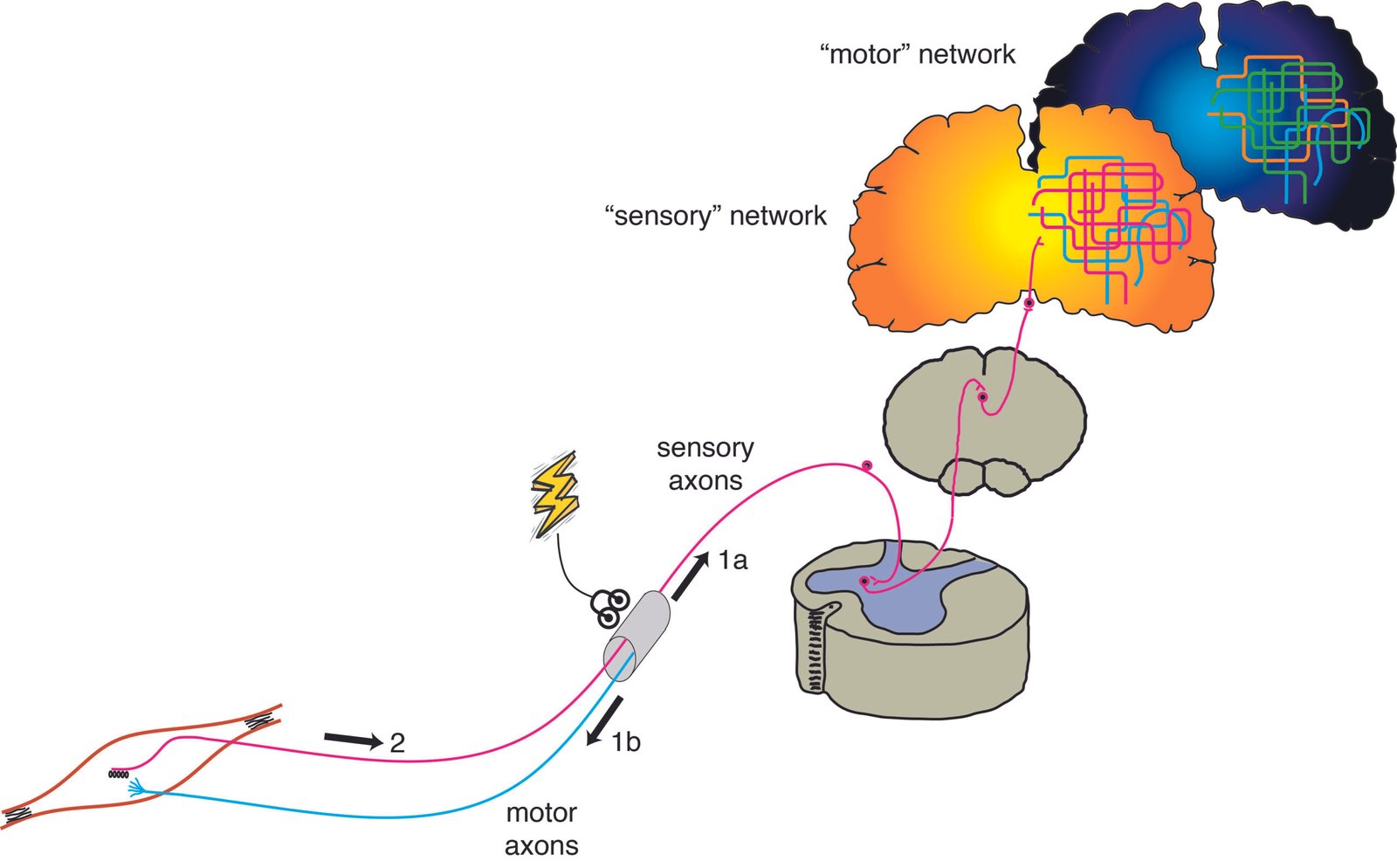
The brain is not static—it’s constantly rewiring itself in response to learning. This phenomenon, called neuroplasticity, is especially pronounced in language acquisition. When we learn new words or rules, fresh neural pathways form, linking different brain regions. Children’s brains are especially adaptable, but adults can benefit too. Spellers who practice regularly show increased activity in areas involved in attention, memory, and even creativity. Neuroplasticity means it’s never too late to expand your vocabulary or learn a new language—your brain is always ready for a challenge.
The Social Side of Spelling Bees
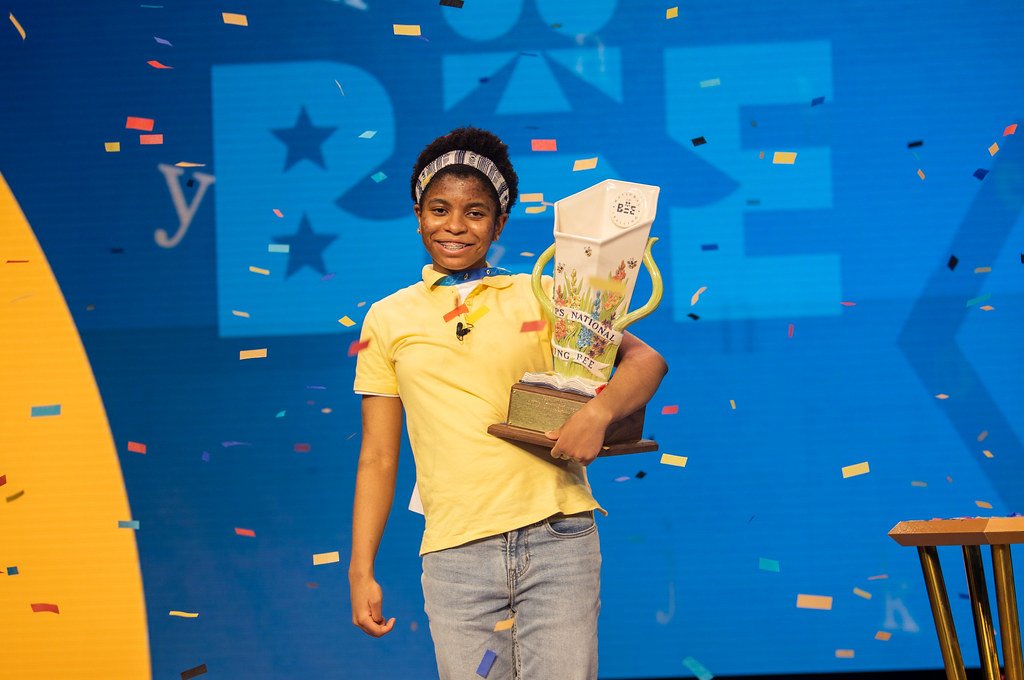
Spelling bees aren’t just individual battles—they’re social events, bringing together students, families, and whole communities. The shared excitement fosters bonds, teamwork, and a sense of belonging. Social neuroscience shows that group experiences, like cheering for a speller or celebrating a win, release oxytocin, the “bonding hormone.” This emotional connection strengthens motivation and makes learning more meaningful. For many children, the friendships and memories made at spelling bees are just as important as the words themselves.
Genetics and Language: Are Some Brains Born to Spell?

Is there a “spelling gene”? While no single gene determines your spelling prowess, genetics do influence language ability. Studies show that certain genes affect memory, attention, and auditory processing, all crucial for spelling. However, environment plays a massive role—practice, encouragement, and exposure can help anyone become a better speller. The interplay between nature and nurture means that while some may have a head start, hard work and curiosity are the real game-changers. The Bee’s diverse champions prove that talent comes from everywhere.
The Role of Reading: Fuel for the Linguistic Fire
Nearly every top speller credits their love of reading as a secret weapon. Books introduce new words, ideas, and sentence structures, expanding vocabulary and comprehension. The act of reading activates multiple brain regions at once, from those that decode letters to those that imagine vivid scenes. For some, reading becomes a lifelong habit, fueling not just spelling success but academic achievement across the board. The more you read, the more your brain absorbs, making each new word easier to master.
Technology and Spelling: Friends or Foes?
Spellcheckers and autocorrect have changed the way we approach language. Some worry that technology makes us lazy spellers, but research shows it can also be a powerful learning tool. Apps and games turn spelling into an adventure, while online dictionaries provide instant access to definitions and pronunciations. For spelling bee hopefuls, digital resources supplement old-fashioned flashcards and practice drills. The key is balance—using technology to enhance, not replace, the brain’s own spelling engine.
The Global Impact: Spelling Bees Beyond Borders
The National Spelling Bee may have started in the United States, but its influence has gone worldwide. Countries from India to Nigeria now host their own spelling competitions, inspired by the Bee’s century-old legacy. This global movement encourages cross-cultural exchange and showcases the universal power of language. In classrooms from Manila to Manchester, kids prepare with the same passion and dreams, proving that the love of words knows no borders. The Bee’s centennial is a celebration not just for America, but for word lovers everywhere.
Language Disorders and the Brain: Overcoming Obstacles
For some children, language learning comes with extra hurdles—dyslexia, auditory processing disorders, or speech delays. But science shows that with the right support, these obstacles can be overcome. The brain’s plasticity allows it to compensate, developing new pathways and strategies. Spelling bees have welcomed participants with diverse learning styles, proving that determination and creativity matter just as much as raw ability. Every success story is a reminder that the brain’s capacity for growth is nearly limitless.
How Parents and Teachers Can Nurture Young Spellers
Behind every great speller is a village—parents who encourage reading, teachers who make words fun, and mentors who offer guidance. Research shows that children thrive when their efforts are noticed and celebrated. Simple acts, like reading together or playing word games, can spark a lifelong love of language. Encouragement helps build not just skills, but also confidence and curiosity. The Bee’s centennial is a tribute to the families and educators who make the magic possible.
The Power of Mistakes: Learning Through Failure
Every champion has stumbled on a word at some point. But mistakes are not the end—they’re the beginning of deeper learning. Neuroscience reveals that when we get something wrong, our brains actually become more alert, making it easier to remember the correct answer next time. Embracing failure as part of the process builds resilience and creativity. In the world of spelling bees, every missed letter is a stepping stone to future success.
Spelling Bees as a Window Into the Mind

Watching a spelling bee is like peeking into the inner workings of the brain. Each contestant’s pause, frown, or triumph reveals the invisible processes of memory, reasoning, and emotion. Scientists study these moments to better understand how language shapes thought, and how the mind navigates complexity. The Bee’s centennial reminds us that every word spelled is a tiny miracle of cognition, a testament to the brain’s enduring mystery and power.
Why the National Spelling Bee Still Matters
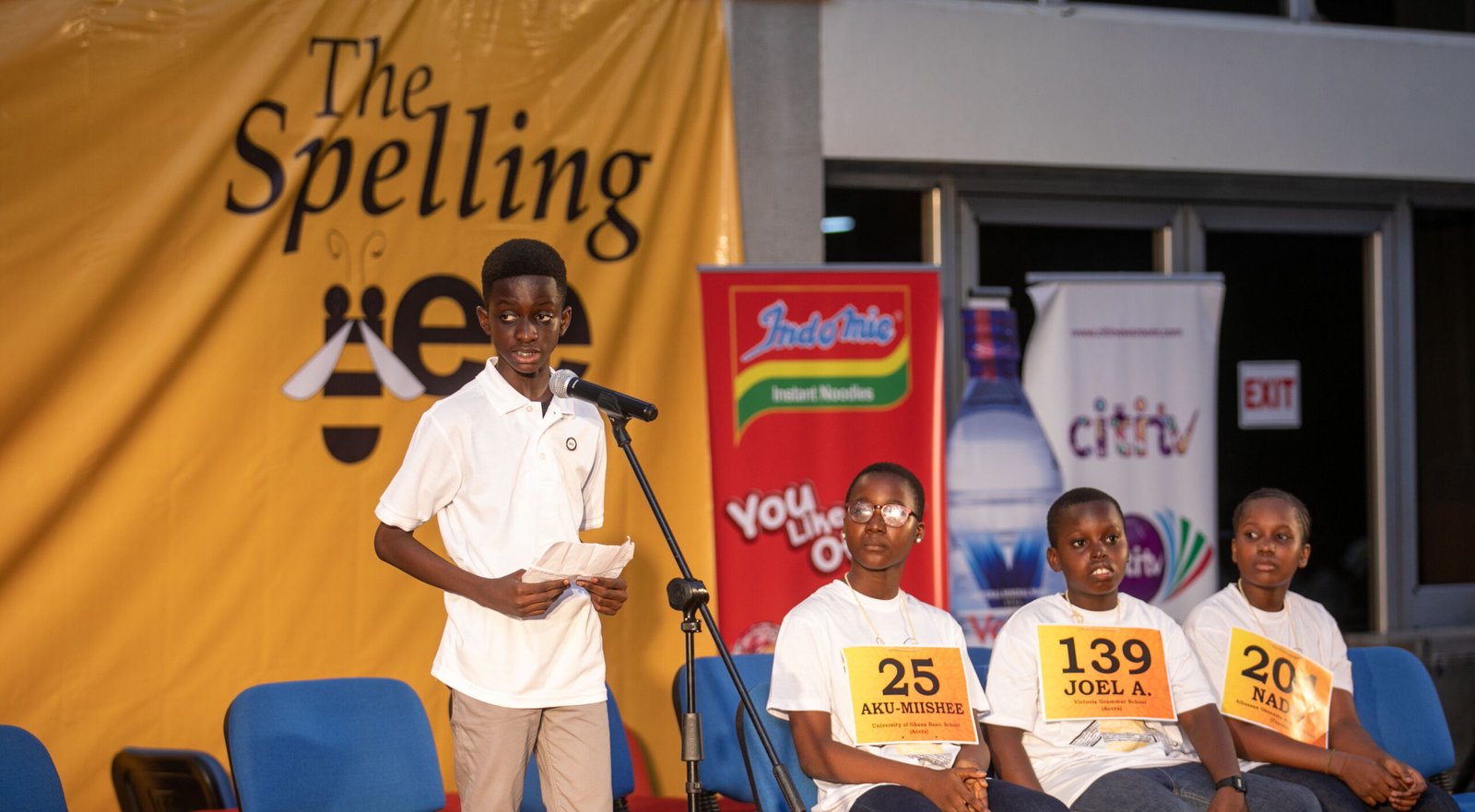
A century after its debut, the National Spelling Bee continues to inspire, challenge, and unite. It’s not just about words—it’s about what those words do to our brains, our confidence, and our communities. The Bee celebrates perseverance, curiosity, and the thrilling potential of every child’s mind. As the stage lights shine on the next generation of spellers, one truth stands out: language is more than communication—it’s the key to unlocking the boundless possibilities within us all.

